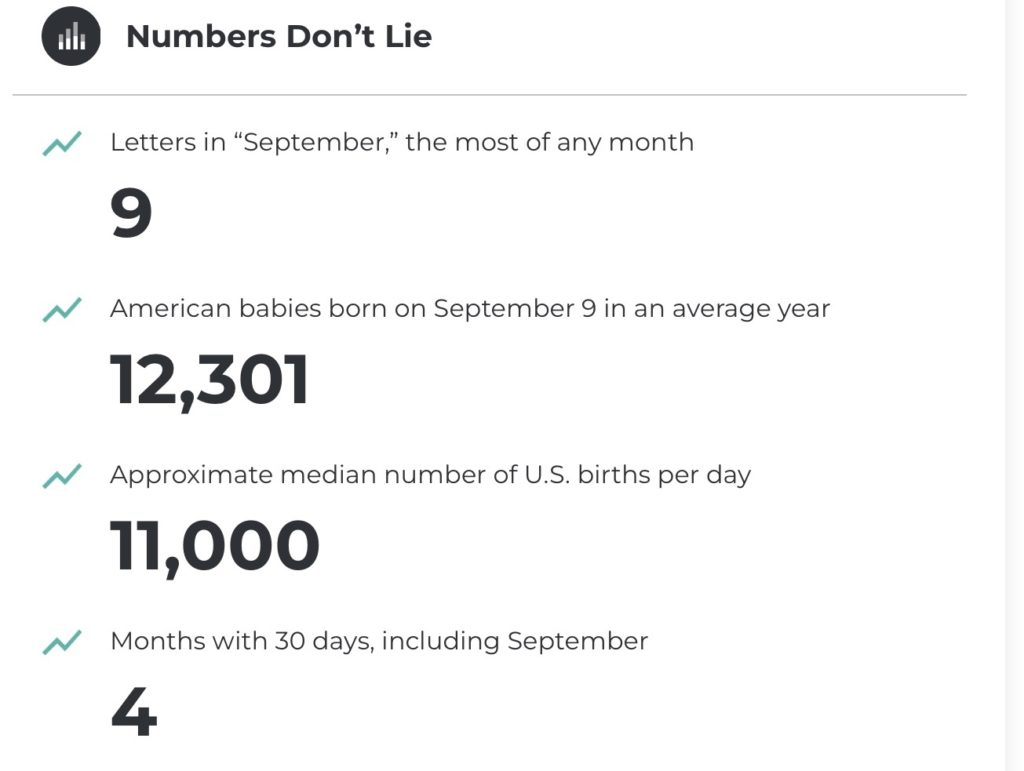Whenever I meet a Republican capable of reasoning — and they’ve become rarer than plutonium in the 21st century — I try to ask four questions that I remember by the acronym CWAG:
- Do you think climate change is real?
- Do you think weed should should be legalized?
- Do you think abortion should be a woman’s choice?
- Do you think gay marriage is lawful?
In California, at least, I have never received a ”No” answer to any of those questions, which then leads me to a fifth:
What makes you think you’re Republican?
THAT question is the only that occasionally produces a pause. Because, to the last, those four questions warrant a firm “No!” from the GOP’s national policy platform. And while a handful of Republican lawmakers stray toward liberalism in the House, no Senator takes the political risk of port bow ideology.
Which may leave Republicans with an ugly option: the truth. And the truth is this about Republicans:
It’s all about race.
There was a time when the Grand Old Party could point to issues where it differed with the donkeys: fiscal frugality; military preparedness; the social safety net. No need to bring up that whole Civil War unpleasantness.
Then Bill Clinton claimed the centrist political ground, and Republicans lost whatever was left of their collective wit. They offered increasingly dim simpletons, from George W. to Sara Palin to, of course, Agent Orange.
And there appears to be no slowdown. They are so desperate to hold onto power in Georgia that they have offered an illiterate, religious athlete as senator, a painfully obvious plea for voters of color. Or at least forgiveness from them for the political lawn jockey they brandish on their lawn to claim the neighborhood is integrated.
Still, let’s give the devil his due: The Georgia race is neck and neck. The GOP may establish a blockade in the mid-terms. Ron DeSantis may be the next president. Many, many Americans claim to be Republican.
But gone are principled stands, save perhaps for the right to own a submachine gun and unvaccinated body. And even those are looking like antiquated notions of a backward tribe. Aside from fear that the camera will capture their souls, what is the plan of action for conservatives?
Of course, there isn’t one. Conservatism literally fights the law that governs the universe, entropy. Entropy (known as the Second Law of Thermodynamics) dictates that change in our world is inevitable: apples rot; life evolves into new forms; transformation is assured. There’s no un-creaming a cup of coffee.
Conservatism, by its very definition, resists change. Likewise, liberalism embraces it. Do the math (another burr for consevatives).
It leaves the political right with some bleak options, because the world has become technological and corporate enough to see how untenable ”No!” is as an answer to every question. Eventually, negativity becomes a sign of who you are, positively.
Or in the GOP’s case, what: minority-fearing, cash-clutching, gun-bearing terror.
Enough with your ”Blue Lives Matter,” “masking is child abuse,” ”let parents decide,” “Fauci’s lying” bullshit. That’s not policy. That’s political panic, and you’ve been shilling it for 2-1/2 centuries.
You remember, back when you were willing to admit the truth behind your reasoning.





